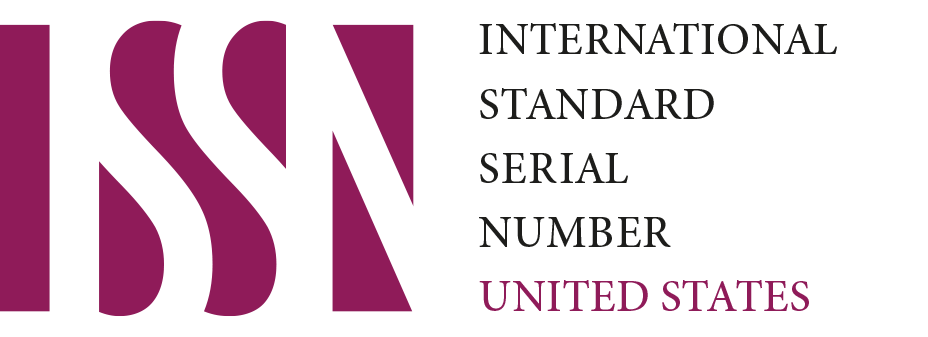Pembelajaran Fiqih Melalui Model Pembelajaran Kooperatif Tipe Co-op Co-op Untuk Meningkatkan Prestasi Siswa Pada Pokok Bahasan Shalat
DOI:
https://doi.org/10.69630/jm.v1i1.3Abstract
Student achievement in learning fiqh is still considered low. This is partly because teachers in schools tend to use conventional learning which makes students passive in learning. Therefore, a research is needed that can overcome these problems. Cooperative learning is an alternative in improving student achievement. This study uses an experimental method with a quasi-experimental design in the form of a non-equivalent control group design so that there are 2 classes with 1 experimental class and 1 control class. The experimental class I used Co-op Co-op type of cooperative learning, the experimental class II used conventional learning. The purpose of this study was to determine: (a) the activities of teachers and students using Co-op Co-op and Conventional Co-op learning; (b) differences in student achievement (cognitive) using Co-op and Conventional Co-op learning; (c) Knowing students' attitudes (affective) towards Co-op Co-op type of cooperative learning; (d) knowing the student's (psychomotor) activity towards Co-op Co-op type of cooperative learning. The results of the study are as follows: (a) The percentage of the implementation of teacher and student activities using Co-op Co-op type of cooperative learning at the first meeting is 45.46%, the second meeting is 72.73% and the third meeting is 72.73%. (b) There is a difference in the increase in student achievement (cognitive) between those using Co-op Co-op type of cooperative learning and conventional learning. (c) The attitude of students (affective) who use Co-op Co-op type of cooperative learning is positive. (d) Student activity (psychomotor) using Co-op Co-op type of cooperative learning has an influence in improving the quality of students' prayer practices.









